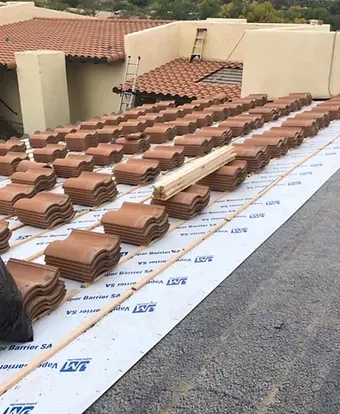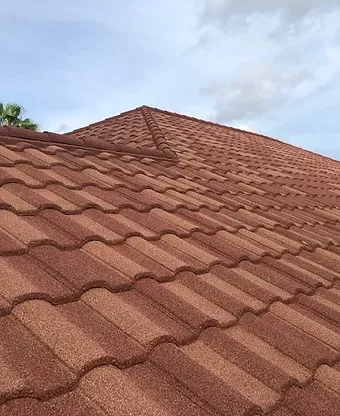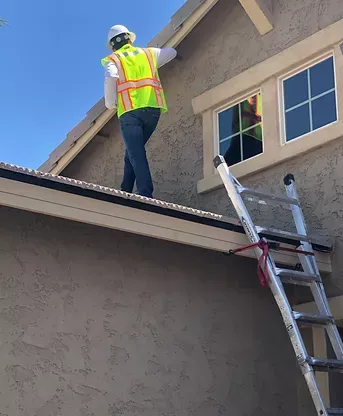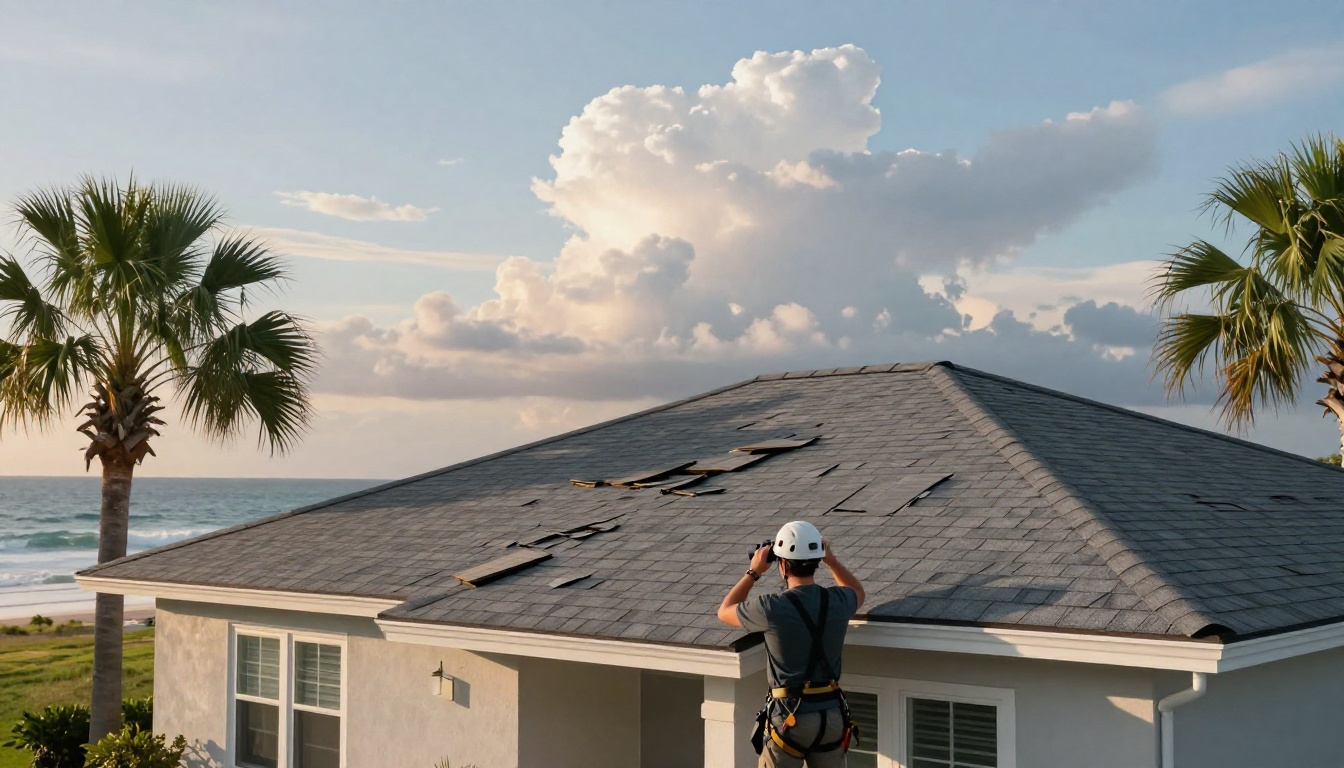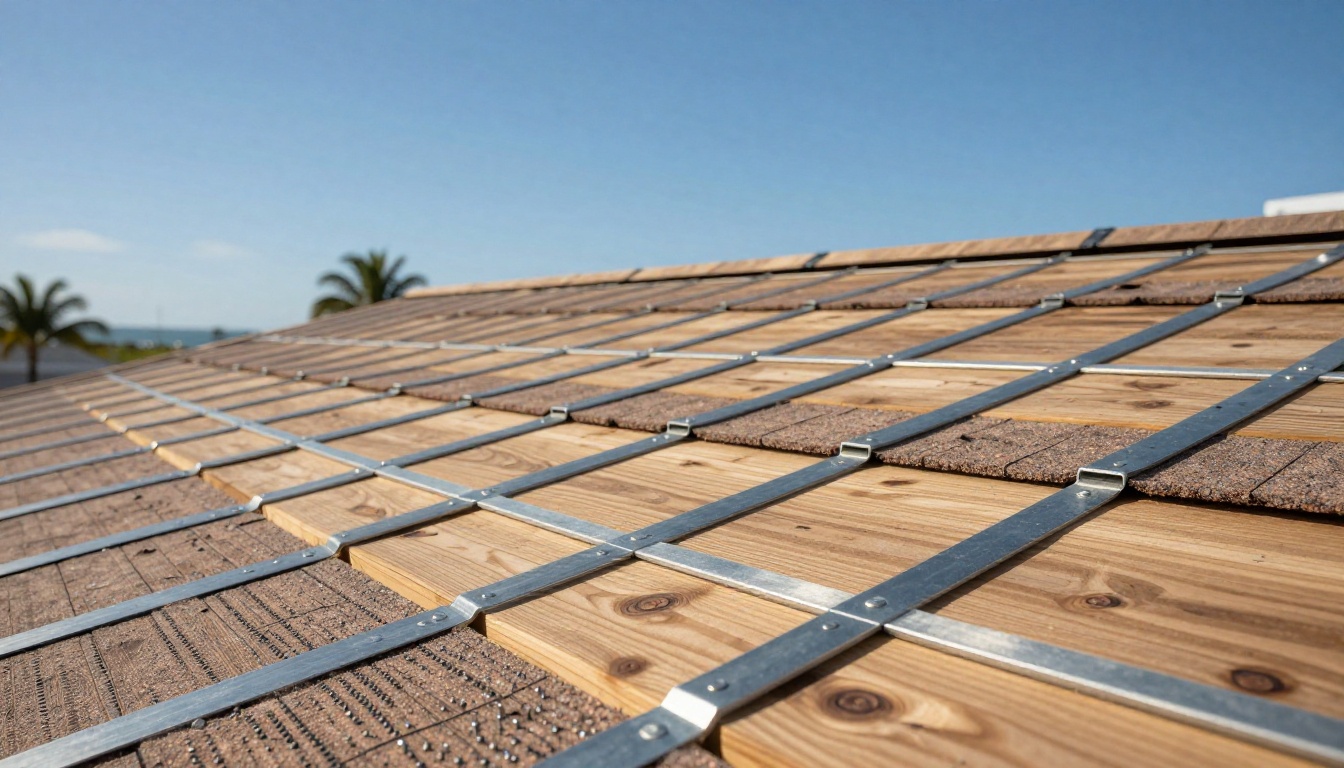How to Choose the Best Roofing Contractor for Your Home

Understanding the Importance of Choosing the Right Roofing Contractor
Your roof is one of the most critical components of your home. It protects your family, belongings, and the structural integrity of your house from the elements. Choosing the right roofing contractor is not just about aesthetics or cost—it’s about ensuring the safety, longevity, and value of your home. A poorly installed or repaired roof can lead to leaks, water damage, mold growth, and even structural issues, all of which can be costly and time-consuming to fix.
Hiring an unqualified roofing contractor may save you money upfront, but it often results in subpar workmanship and the use of low-quality materials. Worse, some contractors may lack proper licensing or insurance, leaving you liable for accidents or damages that occur during the project. By taking the time to select a reliable and experienced roofing contractor, you can avoid these risks and ensure your roof is built to last.
Researching Local Roofing Contractors
Why Local Matters
When it comes to roofing, hiring a local contractor offers several advantages. Local contractors are familiar with the specific weather conditions in your area, whether it’s heavy snowfall, high winds, or intense heat. This knowledge allows them to recommend the best materials and techniques for your region. Additionally, local contractors are well-versed in local building codes and regulations, ensuring your project complies with all legal requirements.
Another benefit of hiring locally is faster response times. If you experience an emergency, such as storm damage, a local roofing contractor can often provide quicker service than an out-of-town company. Plus, working with a local business supports your community and makes it easier to follow up on warranties or future maintenance needs.
How to Find Local Contractors
Finding a reputable local roofing contractor doesn’t have to be a daunting task. Start by asking friends, family, and neighbors for recommendations. Word-of-mouth referrals are often the most reliable way to find trustworthy professionals. You can also check online directories like Angie’s List, HomeAdvisor, or the Better Business Bureau (BBB) for highly rated contractors in your area.
Community boards, both online and offline, can also be valuable resources. Many neighborhoods have social media groups or forums where residents share recommendations for local services. Finally, don’t overlook the power of a simple Google search. Look for contractors with strong reviews and a professional website that outlines their services and credentials.
Checking Credentials and Certifications
Licensing and Insurance
Before hiring a roofing contractor, it’s essential to verify their licensing and insurance. A licensed contractor has met the necessary requirements to operate legally in your area, which often includes passing exams and demonstrating knowledge of building codes. Insurance is equally important—it protects you from liability in case of accidents or property damage during the project. Always ask for proof of both licensing and insurance, and don’t hesitate to verify their validity with the appropriate authorities.
Industry Certifications
In addition to licensing, look for contractors with industry certifications that demonstrate their expertise and commitment to quality. Certifications like GAF Master Elite® or CertainTeed ShingleMaster™ indicate that the contractor has undergone rigorous training and meets high standards for workmanship. These certifications often come with additional benefits, such as extended warranties on materials. Choosing a certified roofing contractor gives you peace of mind that your roof is in capable hands.
Reading Reviews and Asking for References
Online Reviews
Online reviews can provide valuable insights into a contractor’s reputation and quality of work. Platforms like Google, Yelp, and the BBB are excellent places to start. Look for contractors with consistently high ratings and detailed reviews that mention specific aspects of their service, such as punctuality, professionalism, and attention to detail. Be cautious of contractors with overwhelmingly negative reviews or a lack of online presence, as these can be red flags.
Requesting References
In addition to reading online reviews, ask potential contractors for references from previous clients. A reputable roofing contractor should be happy to provide this information. When contacting references, ask about their overall experience, the quality of the work, and whether the project was completed on time and within budget. This firsthand feedback can help you make a more informed decision.
Comparing Estimates and Pricing
Getting Multiple Quotes
It’s always a good idea to obtain at least three estimates before choosing a roofing contractor. This allows you to compare pricing, services, and timelines. Be wary of quotes that are significantly lower than the others, as they may indicate the use of inferior materials or shortcuts in workmanship. Remember, the cheapest option isn’t always the best value.
Understanding What’s Included
When reviewing estimates, pay close attention to what’s included. A detailed estimate should outline the cost of materials, labor, permits, and cleanup. It should also specify the type of materials being used, the scope of the work, and any warranties or guarantees. If something is unclear, don’t hesitate to ask for clarification. A transparent roofing contractor will be happy to explain the details.
Evaluating Warranties and Guarantees
Manufacturer Warranties
Roofing materials often come with manufacturer warranties that cover defects or premature failure. These warranties can vary in length and coverage, so it’s important to understand the terms. For example, some warranties may only cover the cost of materials, while others include labor for repairs or replacements. Make sure the contractor provides documentation for any manufacturer warranties.
Workmanship Guarantees
In addition to manufacturer warranties, look for contractors who offer workmanship guarantees. These guarantees cover issues that arise due to installation errors. A strong workmanship guarantee demonstrates the contractor’s confidence in their skills and commitment to customer satisfaction. Be sure to review the terms and duration of the guarantee before signing a contract.
Asking the Right Questions Before Hiring
Before making your final decision, ask potential contractors a series of questions to gauge their experience and reliability. Some essential questions include:
- How long have you been in business?
- Can you provide proof of insurance and licensing?
- What is your timeline for completing the project?
- How do you handle unexpected issues or additional costs?
These questions can help you assess the contractor’s professionalism and ensure they’re the right fit for your project.
Red Flags to Watch Out For
Unusually Low Bids
While it’s tempting to choose the lowest bid, an unusually low estimate can be a warning sign. It may indicate the use of subpar materials, unskilled labor, or hidden costs that will surface later. Always prioritize quality and transparency over price.
Lack of Written Contracts
A written contract is essential for protecting both you and the contractor. It should clearly outline the scope of work, payment terms, timelines, and warranties. Avoid contractors who are unwilling to provide a detailed, written agreement.
High-Pressure Sales Tactics
Be cautious of contractors who pressure you to make an immediate decision or demand large upfront payments. These tactics are often used by less reputable companies. A trustworthy roofing contractor will give you the time and information you need to make an informed choice.
Finalizing Your Decision
Once you’ve done your research, compared estimates, and asked the right questions, it’s time to finalize your decision. Review the contract carefully, confirm the timeline, and ensure all your questions have been answered. Taking these steps will help you feel confident in your choice and set the stage for a successful roofing project.
Maintaining a Good Relationship with Your Roofing Contractor
Maintaining clear communication with your contractor throughout the project is key to a positive experience. Be available to answer questions, provide feedback, and address any concerns promptly. After the project is completed, consider leaving a review or testimonial to help other homeowners find reliable contractors. A good relationship with your roofing contractor can also be beneficial for future maintenance or repairs.
